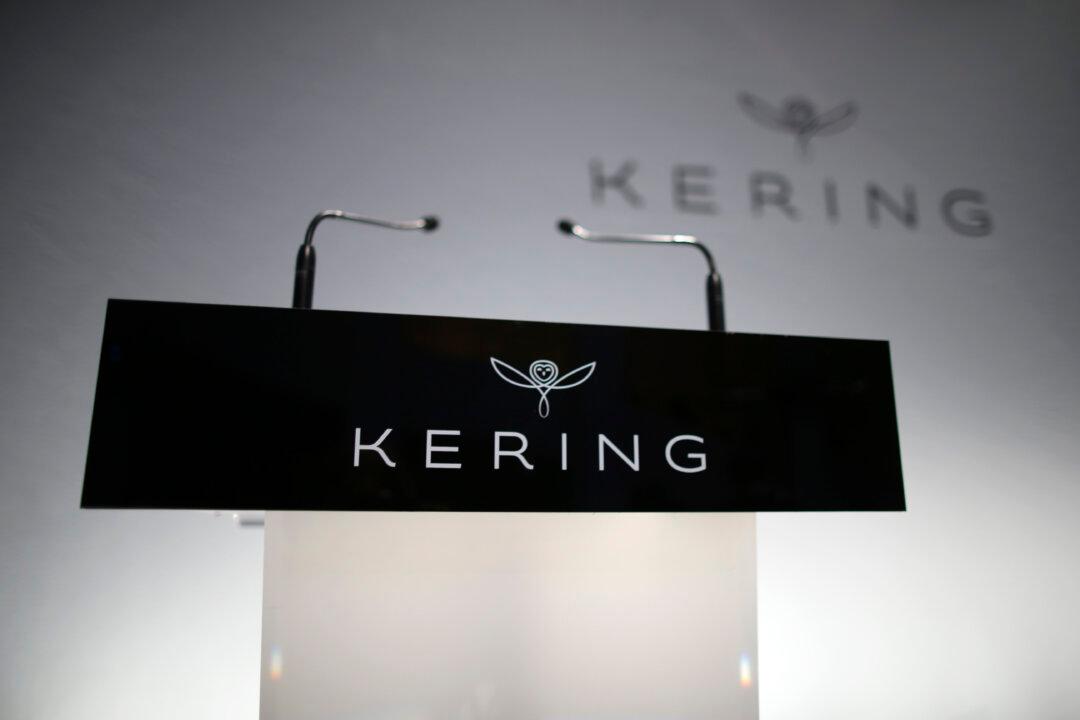PARIS—Gucci-owner Kering has closed half of its stores in China and shelved new openings and advertising campaigns there as the coronavirus outbreak throws luxury brands into turmoil.
The French group, which also owns Saint Laurent and Balenciaga, remained upbeat about its longer-term prospects as it beat fourth-quarter sales forecasts on Feb. 12.





